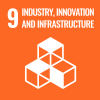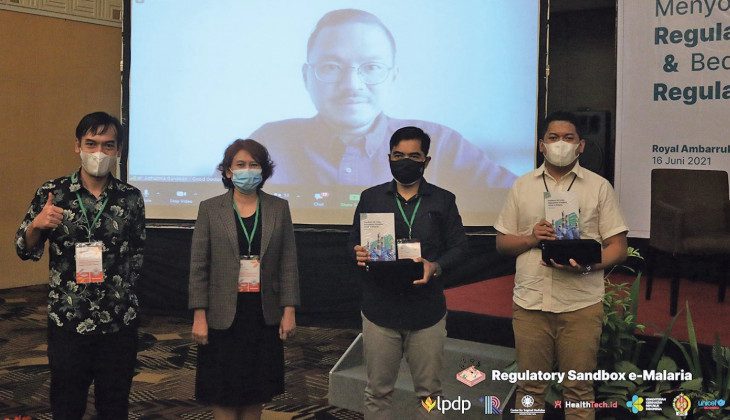A team of UGM researchers led by Dr. E. Elsa Herdiana Murhandarwati has conducted a study on the implementation of the regulatory sandbox in the digital health sector. The regulatory sandbox refers to a testing mechanism for the innovation’s reliability, functionality, and safety in a controlled environment.
“Disruptive health tech innovations offer both potential and challenges for the Indonesian Ministry of Health in supervising and drafting regulations,” said Murhandarwati.
In Indonesia, the regulatory sandbox has been implemented solely in the financial sector to ensure that every fintech product circulating in the country is guaranteed to be reliable, safe, and of high quality. In addition to protecting the consumers, this approach will also benefit the innovation owners as the value of their products increases from rigorous product testing proven by a team of experts.
To explore the overall governance of the health regulatory sandbox, the team conducted trials on digital technology used for the malaria program (e-Malaria). Healthtech players were invited to test the reliability of their innovative products and business models in the national malaria program, including diagnostics, consultation, quality assurance, surveillance, and others.
“The innovators registered themselves at http://sandbox.kemkes.go.id before December 2021. They were then grouped into four clusters according to their respective focuses,” she said.
From January to June 2022, the innovators went through proposal evaluation, product documentation evaluation, product testing, and monitoring and evaluation with reviewers from various stakeholders. Aspects assessed include substance, functionality, product safety, and the business model of each product innovation. Twelve health technology innovators with sixteen product innovations have passed the product documentation evaluation in March 2022.
The e-Malaria Regulatory Sandbox serves as the basis for issuing further regulatory sandbox governance regulations, as announced by the Ministry of Health in the Blueprint for the 2024 Digital Health Transformation Strategy. Aside from malaria, these regulations have the potential to be applied to other diseases and their varied kinds of innovations.
“These regulations will serve as the legal basis for regulators, developers/innovators/start-ups in the health sector, and consumers/users,” she said.
Source: https://ugm.ac.id/id/berita/22470-menguji-keandalan-healthtech-dengan-regulatory-sandbox



